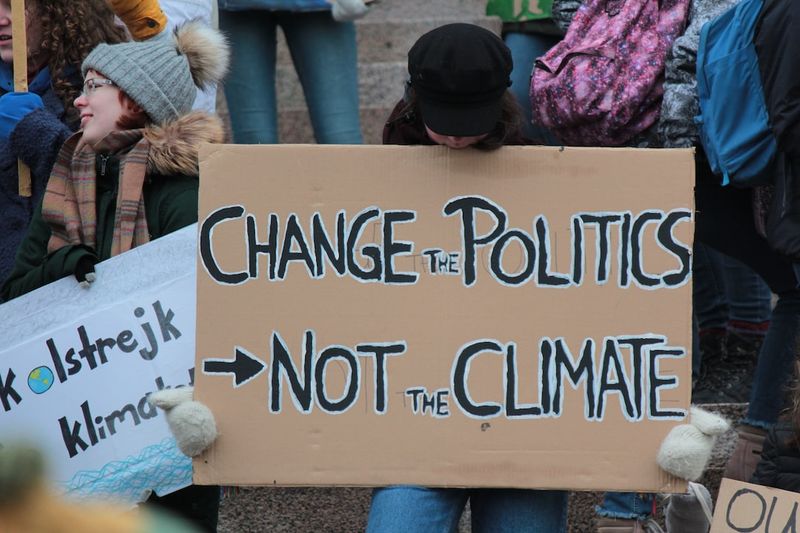Table of Contents
Russia: Bill Bans Work with Most Foreign Groups Latest Measure to Repress Civil Society
Introduction
Russia’s lower house of parliament has recently adopted a bill that prohibits collaboration with unregistered foreign nongovernmental organizations, further restricting civic space in the country. The bill, if approved by the parliament’s upper house and signed by the president, will severely limit the right to freedom of association protected under international human rights law. The proposed amendments introduce administrative and criminal sanctions, including fines, prison sentences, and even deportation for non-compliance. This latest measure is part of the Russian government’s ongoing campaign to suppress civil society and isolate Russian activists from their international colleagues.
The Impact on Civil Society
The bill places significant barriers on individuals and organizations working with unregistered foreign groups, making it increasingly difficult for them to carry out their work. Not only does it impose fines and potential prison sentences for participation in such activities, but it also criminalizes the organization of these activities. By targeting collaboration with foreign organizations, the Russian government seeks to cut off support for local activists and create an environment that is increasingly hostile to their work.
Over the years, many Russian journalists, human rights defenders, and civic activists have been forced to flee the country due to politically motivated criminal prosecution. This exodus has escalated since the onset of Russia’s invasion of Ukraine and the adoption of draconian war censorship laws. However, there are still individuals who choose to stay in Russia despite the personal risks involved, continuing their work and collaborating with foreign partners whose registration has been revoked by the authorities. This bill further isolates these brave individuals and undermines their ability to advocate for human rights and social justice in the country.
A Pattern of Repression
This bill is not an isolated incident but rather part of a larger pattern of repression in Russia. In 2012, the government passed a law requiring nongovernmental groups that receive foreign funding to identify themselves as “foreign agents” and follow strict reporting requirements. Amendments to this law over the years have expanded its scope, extending it to mass media, unregistered organizations, and individuals. The penalties for noncompliance are severe, ranging from hefty fines to lengthy prison sentences.
The government has also targeted “undesirable organizations” through legislation that gives the prosecutor general the authority to ban foreign organizations deemed a threat to Russia’s constitutional order or security. Engagement with an “undesirable” organization is punishable by fines and imprisonment, and leading such an organization can result in even harsher penalties. The list of “undesirables” currently includes 93 organizations, including prominent international bodies like Transparency International and Greenpeace International.
The recent ban on collaboration with unregistered foreign organizations builds on these existing laws, reinforcing the government’s crackdown on civil society. The cumulative effect of these measures is the stifling of independent voices, the liquidation of prominent human rights organizations, and the exclusion of “foreign agents” from public life and certain professions. This systematic repression severely undermines the principles of freedom of association and freedom of expression, which are guaranteed under international human rights law.
International Concern and Calls for Action
The international community has raised concerns about Russia’s legislation and its impact on human rights. The Human Rights Committee, responsible for monitoring state compliance with the International Covenant on Civil and Political Rights (ICCPR), has urged Russia to repeal or revise laws that restrict freedom of association, including those related to “foreign agents” and “undesirable” organizations. Other organizations, including the Organization for Security and Co-operation in Europe (OSCE) and the United Nations, have also criticized Russia’s legislation.
Human Rights Watch has called on Russian authorities to uphold their international obligations and drop the proposed legislation banning collaboration with unregistered foreign organizations. They argue that repealing the existing laws on “foreign agents” and “undesirable organizations” would be a crucial step towards protecting freedom of association and expression in the country.
Conclusion
The bill prohibiting collaboration with unregistered foreign organizations is the latest blow to civil society in Russia. By criminalizing and imposing severe penalties on those working with such organizations, the government is further diminishing the space for independent voices and stifling efforts to promote human rights and social justice. This systematic repression is contrary to international human rights law and hinders the progress of democracy in Russia.
It is essential for the international community to continue raising awareness about Russia’s repressive legislation and advocating for the protection of freedom of association and expression. Governments, organizations, and individuals should exert pressure on the Russian government to repeal or revise these restrictive laws and ensure that civil society can thrive and contribute to a more inclusive and democratic society in Russia.

<< photo by Tania Malréchauffé >>
The image is for illustrative purposes only and does not depict the actual situation.